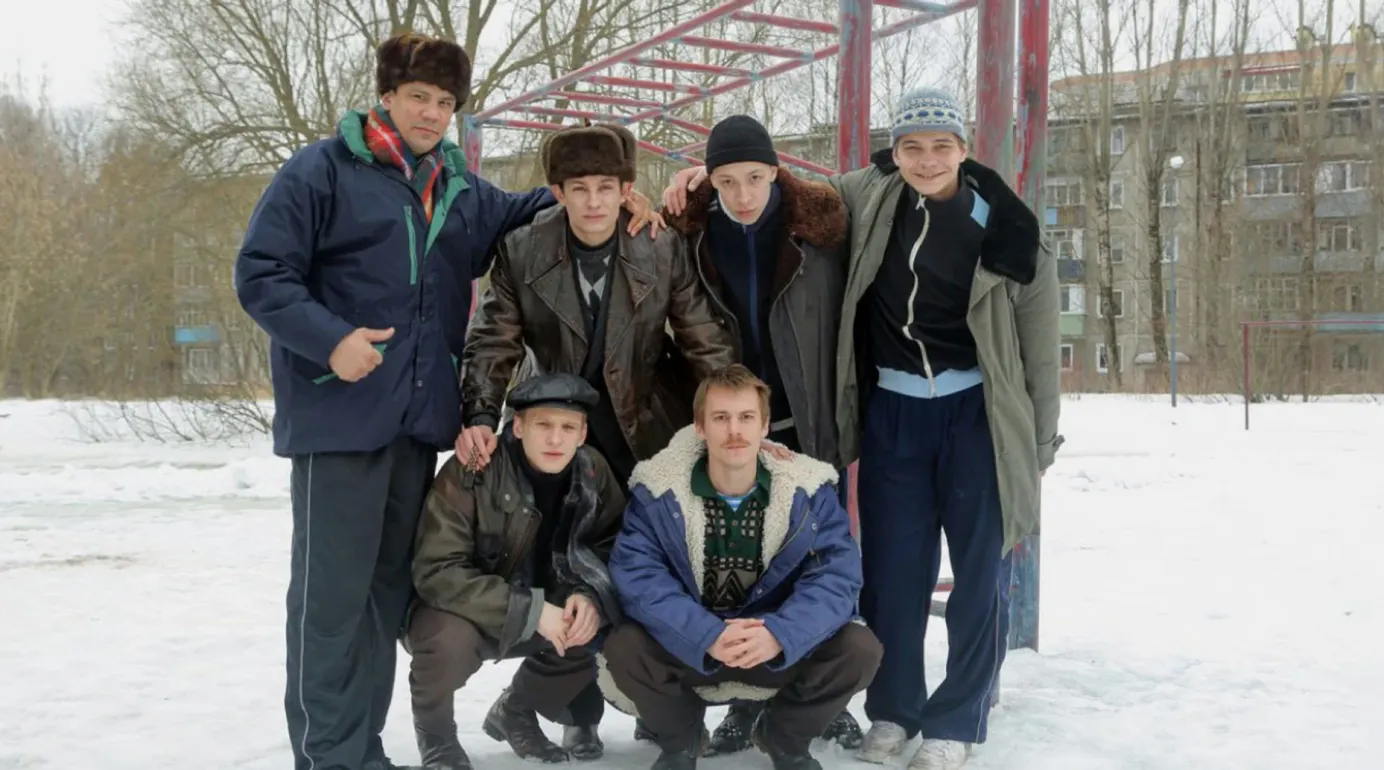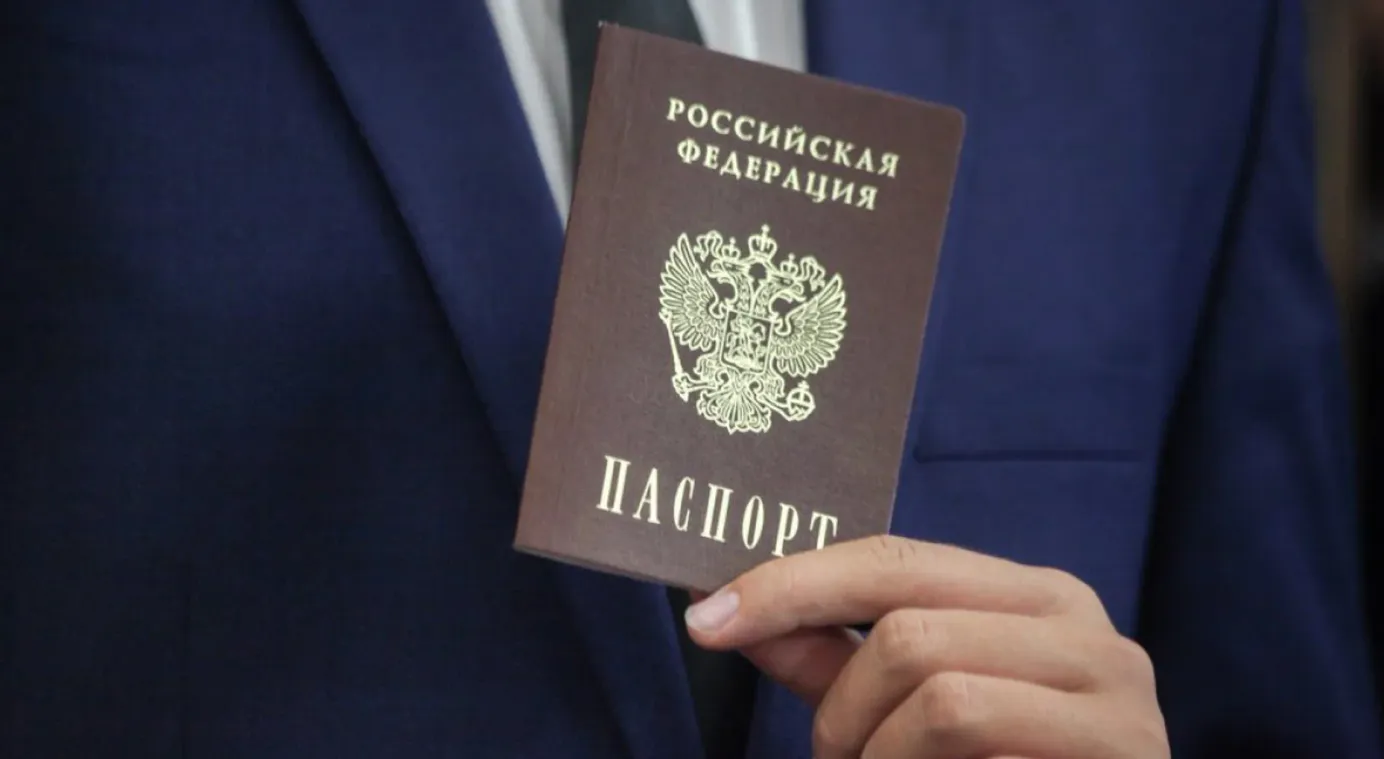
How a TV show about street gangs captured Russians and put officials on edge
It’s rare to see a contemporary Russian film or TV drama make the leap to becoming a real cultural phenomenon, one featured in the wider media discourse or discussed on social networks every day. But right now an eight-part series about teenage street gangs in the late Soviet era is doing just that. Zhora Kryzhovnikov’s “Slovo Patsana” (The Boy’s Word) is so popular in Russia that it is getting even more viewers than Korean Netflix sensation “Squid Game” did. Despite its huge success, Slovo Patsana is not universally popular. There have been calls to ban it due to its romantic take on criminal gangs, and in Ukraine it has already been banned under rules against Russian propaganda.
Battle for the streets
- The show is set in Kazan, the capital of Tatarstan, an oil-rich, predominantly Muslim region. The plot follows the city’s teenage gangs in the late 80s, with much based on the documentary book of the same name by journalist Robert Garayev, who investigated a late Soviet-era crime wave that hit the city, known as the “Kazan Phenomenon.”
- Although street crime in Soviet cities wasn’t unusual in the second half of the 20th century, it hit unprecedented levels in Tatarstan. By the 80s, Kazan had been divvied up between dozens of street gangs, whose members included ex-convicts and were bound by a rigid hierarchy. Initially, they fought for control of the streets in a series of mass brawls before escalating to more serious crimes, including battering rivals to death with chains. “By the 1990s, the guys who were ‘putting it about’ [fighting in gangs — The Bell] and fighting for control of the streets grew up and reached new levels of criminality. The most prominent of them got life sentences,” wrote regional publication Business Online.
- One of the driving forces behind the phenomenon might have been the mass amnesty that followed the death of Josef Stalin in 1953, in which more than a million people were suddenly released from jail. Another likely factor was the mass migration of people from the countryside to the cities.
- “Growing up at this time was hard and scary,” one Kazan resident who grew up in the city in the 1980s and 90s told the BBC. “My childhood memory is of permanent, serious fear.” Crossing one territory to another was dangerous, they said, with the constant risk of being mugged or assaulted. To avoid being attacked, you would have to explain where you came from and who your local gang leader was.
- Slang from the show — known as “Patsan” — is now becoming wildly popular among viewers. Probably the most widespread term that has come into use is the word “chushpan,” a disparaging name for someone who has no gang allegiance.
To ban or not to ban
- Some Russian officials see the show as a celebration of violence and banditry and have called for it to be banned. Tatarstan ombudsman Irina Volinets claimed Slovo Patsana “harms the mental and moral health of young people.” Vladimir Mezentsev, a public figure from the Sverdlovsk region saidthe show was a form of “sabotage against the Russian people.”
- Tatarstan leader Rustam Minnikhanov has also criticized the show, albeit in gentler terms. “Films like this do not correspond with the policies we are pursuing,” he said.
- Experts who spoke to the BBC said the series accurately portrays life in Kazan in the late 80s, but did not feel that the drama romanticized criminal gangs. Despite some pressure, it will not be banned in Russia, with some lawmakers having stood up for the show publicly. “We can’t ban films like this because censorship is prohibited by law in our country,” said parliamentarian Maria Butina. “And I will always stand up for the law.”
- It’s possible that efforts to ban the series are doomed to fail because it was made with state funds — the Internet Development Institute, which is currently investing in “patriotic” content, provided financial support.
- Slovo Patsana has already been banned in Ukraine. The National State Film Agency recognized the popularity of the series, but described it as a “propaganda product” which promotes “Russia’s totalitarian regime” and “the Russian Federation’s military aggression.”
Why the world should care:
The series is an excellent portrayal of a lost generation, Russian critics say. The “Kazan Phenomenon” has made “Slovo Patsana” into a cultural touchstone. In Russia, its ratings are already higher than many top imported shows like The Sopranos, The Office and Game of Thrones.




